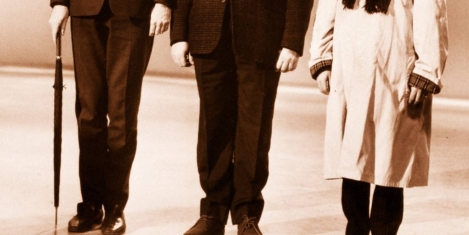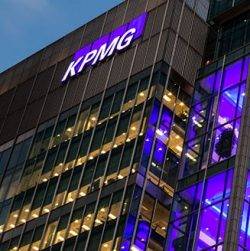December 22, 2016
Getting ahead at work: social class divide, power and office politics 0
 A new study from the University of Virginia Darden School of Business has found that class-based inequality in the workplace persists not only because of external factors like bias and glass ceilings, but also because of structural factors that discourage people from lower social classes from seeking positions of power in the first place. The paper, co-authored by Peter Belmi of the Darden School of Business and Kristin Laurin of the Stanford Graduate School of Business, claims that most people believe that getting ahead requires a mixture of pro-social behavior – such as being competent, hard-working, and a team player; and political behaviour – such as being outspoken, flattering, and treating others as “resources”. According to the research published in the Journal of Personality and Social Psychology, inequality begins to thrive in the disparity between which groups are actually willing to put both behaviours into practice. Even though everyone derides political angling, it turns out that relatively high-class individuals are still willing to play the game to get ahead. Not so with lower-class individuals.
A new study from the University of Virginia Darden School of Business has found that class-based inequality in the workplace persists not only because of external factors like bias and glass ceilings, but also because of structural factors that discourage people from lower social classes from seeking positions of power in the first place. The paper, co-authored by Peter Belmi of the Darden School of Business and Kristin Laurin of the Stanford Graduate School of Business, claims that most people believe that getting ahead requires a mixture of pro-social behavior – such as being competent, hard-working, and a team player; and political behaviour – such as being outspoken, flattering, and treating others as “resources”. According to the research published in the Journal of Personality and Social Psychology, inequality begins to thrive in the disparity between which groups are actually willing to put both behaviours into practice. Even though everyone derides political angling, it turns out that relatively high-class individuals are still willing to play the game to get ahead. Not so with lower-class individuals.




































